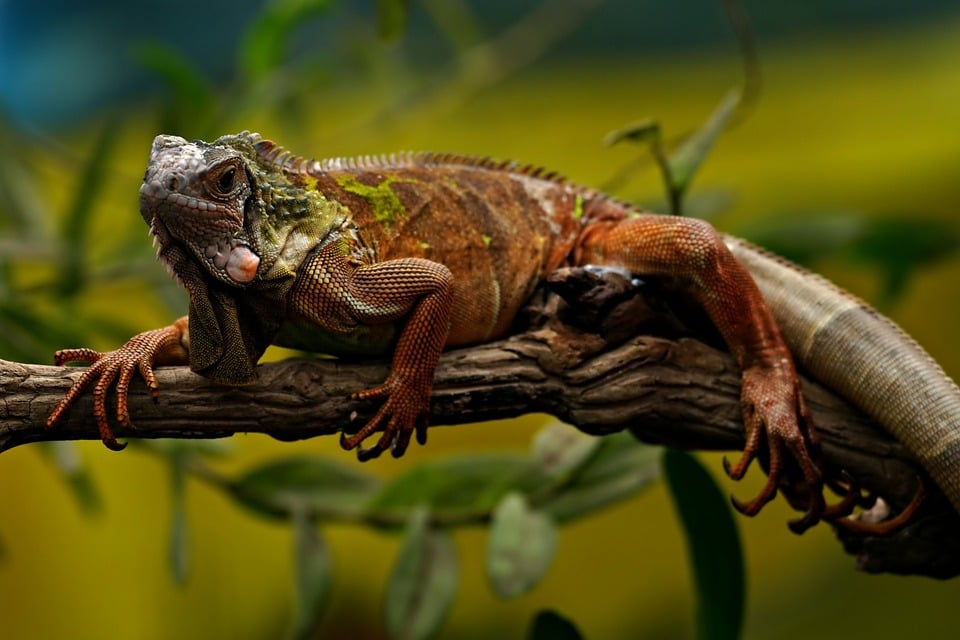From black cats to broken mirrors, superstitions have been a part of human culture for centuries. What may seem like harmless beliefs or practices can actually have a profound impact on society as a whole. In this article, we will explore the historical roots of superstitions, their current presence in society, and how they may continue to influence our lives in the future.
Historical Roots of Superstitions
Superstitions have deep roots in human history, dating back to ancient civilizations. The fear of the unknown and the desire to control the unpredictable led people to develop beliefs and rituals to ward off evil spirits, bring good luck, or ensure a bountiful harvest.
– Ancient Egyptians believed that cats were sacred and could protect them from evil.
– In medieval Europe, breaking a mirror was thought to bring seven years of bad luck.
– Native American tribes often performed rain dances to bring much-needed rain to their crops.
These superstitions were passed down from generation to generation, shaping the way people viewed the world and their place in it.
Current State of Superstitions in Society
While many superstitions may seem outdated in the modern world, they still hold a significant presence in society. People may not openly admit to believing in superstitions, but their actions often reveal otherwise.
– Many athletes have pre-game rituals that they believe will bring them luck.
– Some people still avoid walking under ladders or opening umbrellas indoors.
– Friday the 13th is considered an unlucky day in many cultures, leading some to alter their plans or stay home.
Even in our increasingly rational and scientific world, superstitions continue to play a role in how people make decisions and navigate their lives.
Future Predictions for Superstitions
As society continues to evolve, so too will superstitions. While some traditional beliefs may fade away, new superstitions may arise in their place. The rise of technology, global interconnectedness, and environmental challenges may all influence the superstitions of the future.
– With the increased reliance on artificial intelligence, people may develop new superstitions around technology.
– Climate change could lead to new rituals or beliefs centered around protecting the environment.
– Globalization may bring together different superstitions from around the world, creating a melting pot of beliefs.
It’s difficult to predict exactly how superstitions will evolve in the future, but one thing is certain: they will continue to shape society in unexpected ways.
Conclusion
Superstitions may seem like harmless quirks or relics of the past, but their influence on society is far-reaching and often surprising. From ancient rituals to modern-day beliefs, superstitions have the power to shape how people think, behave, and interact with the world around them. As we look to the future, it’s important to consider the role that superstitions play in our lives and how they may continue to impact society in unexpected ways.
Thank you for taking the time to explore the surprising influence of historical superstitions on society. For further reading on this topic, we recommend delving into cultural anthropology, psychology, or sociology to gain a deeper understanding of the complex interplay between superstitions and society.
